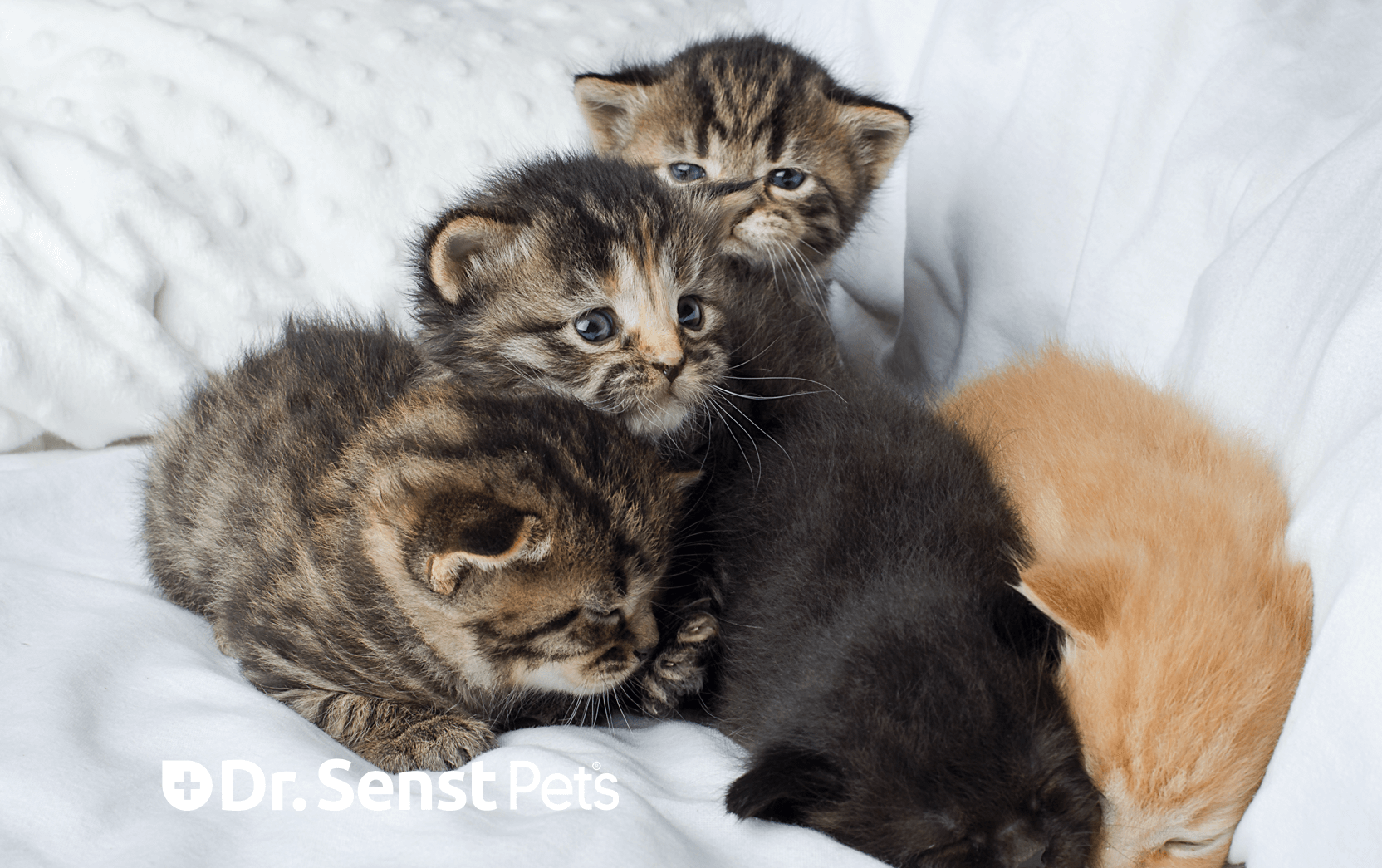
- by Dr.Thilo Senst
How to Manage Separation Anxiety in Cats: A Complete Guide
- by Dr.Thilo Senst
Picture this: You grab your keys, head to the door, and suddenly, your cat transforms into a furry soap opera star. There’s wailing, frantic pacing, and a look that screams betrayal. Congratulations, your cat has separation anxiety!
While dogs might howl the neighbourhood down when left alone, cats suffer in more subtle (but equally heartbreaking) ways. This guide will walk you through recognising, understanding, and managing cat anxiety. Whether your feline is a diva or a low-key worrier, we’ve got you covered.
Separation anxiety in cats isn’t just a bad day. It’s a legitimate behavioural issue where your cat feels stressed or abandoned when you leave the house.
Key Stats:
Separation anxiety in cats is like a bad breakup—they’ll make sure you know they’re upset. Look for these signs:
Bonus Drama Move: Some cats even go on hunger strikes until their beloved human returns.
Cats with separation anxiety hover over you like a helicopter mum with her only child at uni. They can’t bear the thought of you doing anything without them.
Understanding why your cat is anxious is the first step in managing their emotions.
When you rush to comfort your cat every time they show signs of distress, you inadvertently reinforce their anxiety. It's like giving chocolates to someone mid-diet—kind, but counterproductive.
Managing separation anxiety in cats takes patience and a solid plan. Here’s how to help:
Cats love routines almost as much as they love sitting on your laptop. Keep feeding times, play sessions, and departures consistent to reduce anxiety.
A shirt that smells like you can work wonders. To your cat, it’s like a cuddle in fabric form.
Start by leaving your cat alone for short periods, gradually increasing the time. Think of it as separation anxiety boot camp.
Distraction is key! Puzzle feeders and automated toys can keep your cat entertained while you’re away.
If your cat’s anxiety stems from loneliness, another cat could provide companionship (or at least someone else to boss around).
Plug-in pheromone diffusers mimic the comforting scents of a mother cat, easing your feline’s nerves.
Chamomile and valerian root are known for their calming properties and can be used in sprays or supplements.
A gentle yet effective way to soothe your cat’s anxiety naturally.
For severe cases, your vet might recommend anti-anxiety medication. While not a first resort, these can be lifesavers for overly stressed cats.
Did You Know? UK vets report that 15% of cats treated for behavioural issues require medication as part of their treatment plan.
Managing a stressed cat is like babysitting a toddler who’s just discovered sugar and scissors. Chaos is inevitable, but with the right tools, peace is possible.
Q: Can all cats develop separation anxiety?
A: While any cat can experience anxiety, indoor-only and single-pet households are more susceptible.
Q: How long does it take to manage cat anxiety?
A: With consistent effort, most cats show improvement within a few weeks.
Q: Are there breeds more prone to anxiety?
A: Siamese and Burmese cats are more likely to suffer from anxiety due to their social and clingy nature.
Managing your cat’s separation anxiety doesn’t have to feel like an emotional hostage negotiation. With patience, natural remedies, and maybe a few laughs along the way, you can help your cat relax and enjoy their alone time.
![]()
Enter your details & download our comprehensive 50+ page printable Dr. Senst Pet Care Planner completley FREE! - keep track of all your pet’s needs, from medical history and training to vet visits, grooming, diet, and more!










Share:
The Best Remedies for Cat Ear Mites: Natural and Medical Options
Can Bad Breath in Dogs Be a Sign of Dental Disease?